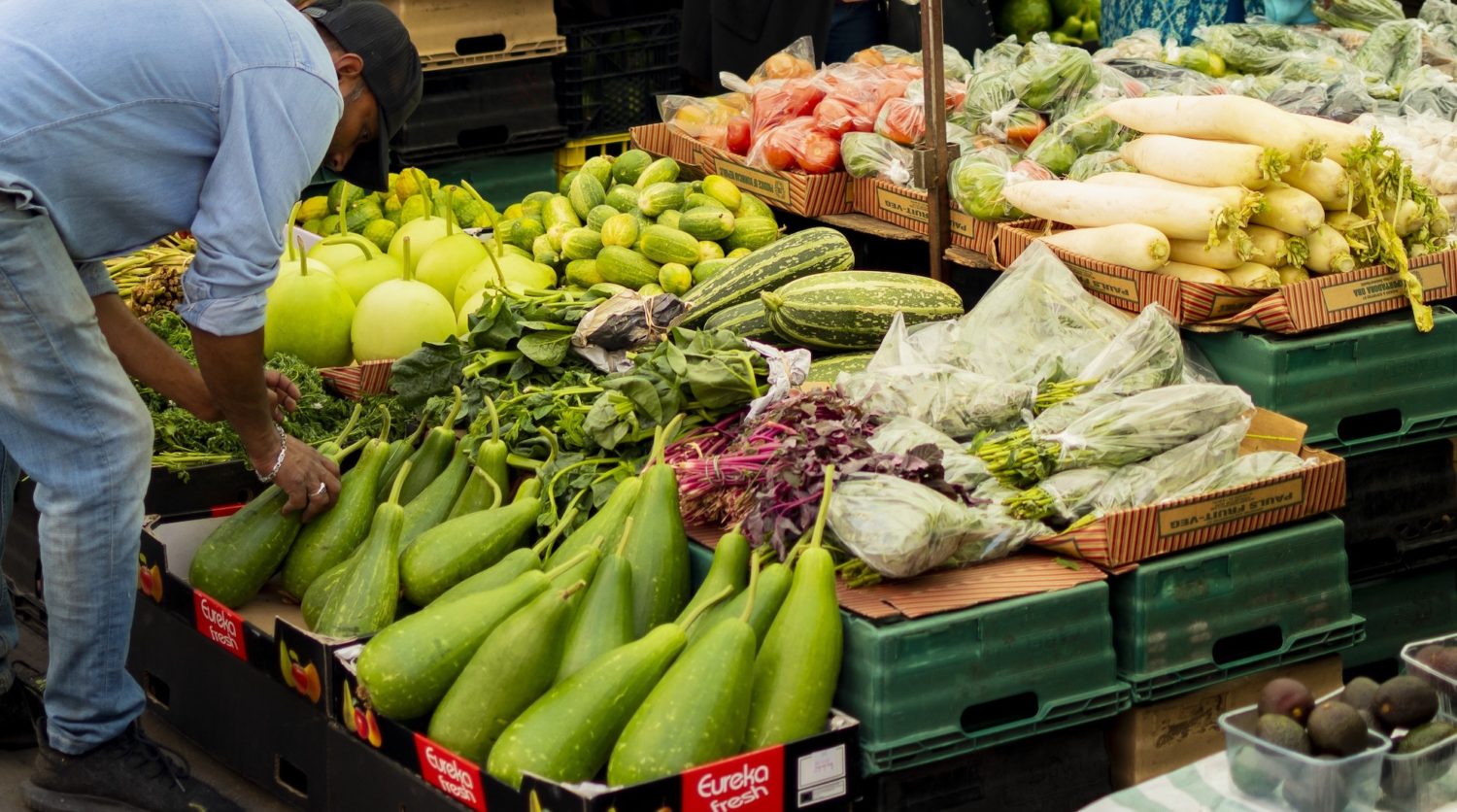A strategy fit for purpose
The government’s obesity plan will fail. Instead, we need a nationwide subsidy on fruit and vegetables, writes Jatinder Hayre.
Obesity has long been thought of as one of the most significant ‘man-made’ diseases. However, the truth is that obesity is not man-made as such. Rather, it is a disease created by society: a society of gross inequalities. Gone is the era of obesity being associated with affluence and reckless extravagance. Obesity is a symptom of poverty but this fact has gone unrecognised in the government’s latest obesity strategy, which is consequently doomed to fail. Its complicity and complacency in the face of the obesity epidemic will cost us dearly: the currency being both capital and lives.
The government’s new obesity strategy is centred around four key areas: a ban on unhealthy food adverts before 9pm, the end of ‘buy one get one free’ meal deals on unhealthy foods, the clear display of calories on food and drink, and an ambiguous campaign on boosting physical activity. The overarching theme appears to be blaming individuals.
Obesity levels are rising in the most deprived parts of society, whilst remaining stable in the wealthier. The prevalence of obesity in Year 6 pupils in the most deprived areas of the UK is more than double that of the wealthiest areas: 26.8 per cent versus 11.7 per cent respectively. And this disparity is rising. Five of the areas with the worst child poverty rates in the UK are also in the top 10 worst for childhood obesity. This is especially problematic since it has been well documented that poor childhood eating habits continue into adulthood. Are poorer people more gluttonous than their wealthier counterparts? Are they making self-loathing choices? Absolutely not. But the government seems to think so. It is a damning indictment of the government and wider society that we are subjecting the most vulnerable in society to a multitude of diseases that are associated with obesity: heart disease, lung diseases, diabetes, stroke, musculoskeletal disorders, and 13 different types of cancer.
Perhaps through ideology, perhaps through elitism; the current Conservative government has failed to understand that what underlies obesity is poverty. The constant attempts to shift collective responsibility onto individual choices and individual family choices are deeply troubling. Simplistic slogans and finger-wagging are not the solution. The problem is not choice, it is the availability of choice. Healthier food choices are, unjustly, unavailable to the poorer within society. And these food choices have become more exclusive in recent years: the cost of 1000 calories’ worth of healthy foods has risen from £5.65 to £7.49 between 2002 and 2012. Contrastingly, the same amount in calories of unhealthy foods cost just £2.50. Last year alone, fresh produce prices went up by 2.5 per cent. People are not making poor choices on a level playing field, rather the poorest are not able to make healthy choices due to food exclusivity.
The path towards a fairer obesity strategy will come when we accept that the obesity epidemic is rooted in deprivation. The so called ‘sin tax’ does not address the central issue of the difficulty in affording healthier foods. Disincentivising unhealthier choices must be combined with making healthier food options more affordable. A fruit and vegetable subsidy programme with a 10 per cent subsidy, would result in a net gain of £6bn; therefore, outperforming sugar taxes in both revenue and efficaciousness. The £6bn net gain would arise from a reduction in obesity prevalence within the UK population, and therefore, treating less people for obesity-related conditions. This is according to mathematical modelling by Dr Javier Ruiz at the University of Bath
A nationwide fruit and vegetable subsidy programme might mean that the proportion of adults meeting their five a day would rise from the abysmal 28 per cent it currently stands at. A recent study suggested a modest 10 per cent decrease in the price of healthier foods, resulted in a 14 per cent increase in fruit and vegetable consumption.
But in the difficult post-Covid era we require even more radical state intervention. A “no purchase necessary” project offering a 100 per cent subsidy on fruits and vegetables would make a huge difference to the most deprived communities. To ensure producers do not lose out, we would need the government to match market prices for produce from farmers. This would be of substantial benefit to local medium-sized horticultural growers, who have traditionally failed to compete with larger industry chains. As pioneering as such a scheme appears, it has already been tried: a similar project is in operation in the city of Washington DC where it is a lifeline for many of the residents.
It is time for the progressive, innovative left to promote ideas which could address the obesity crisis where the government has been failing. Labour should show the way to a healthier Britain.

